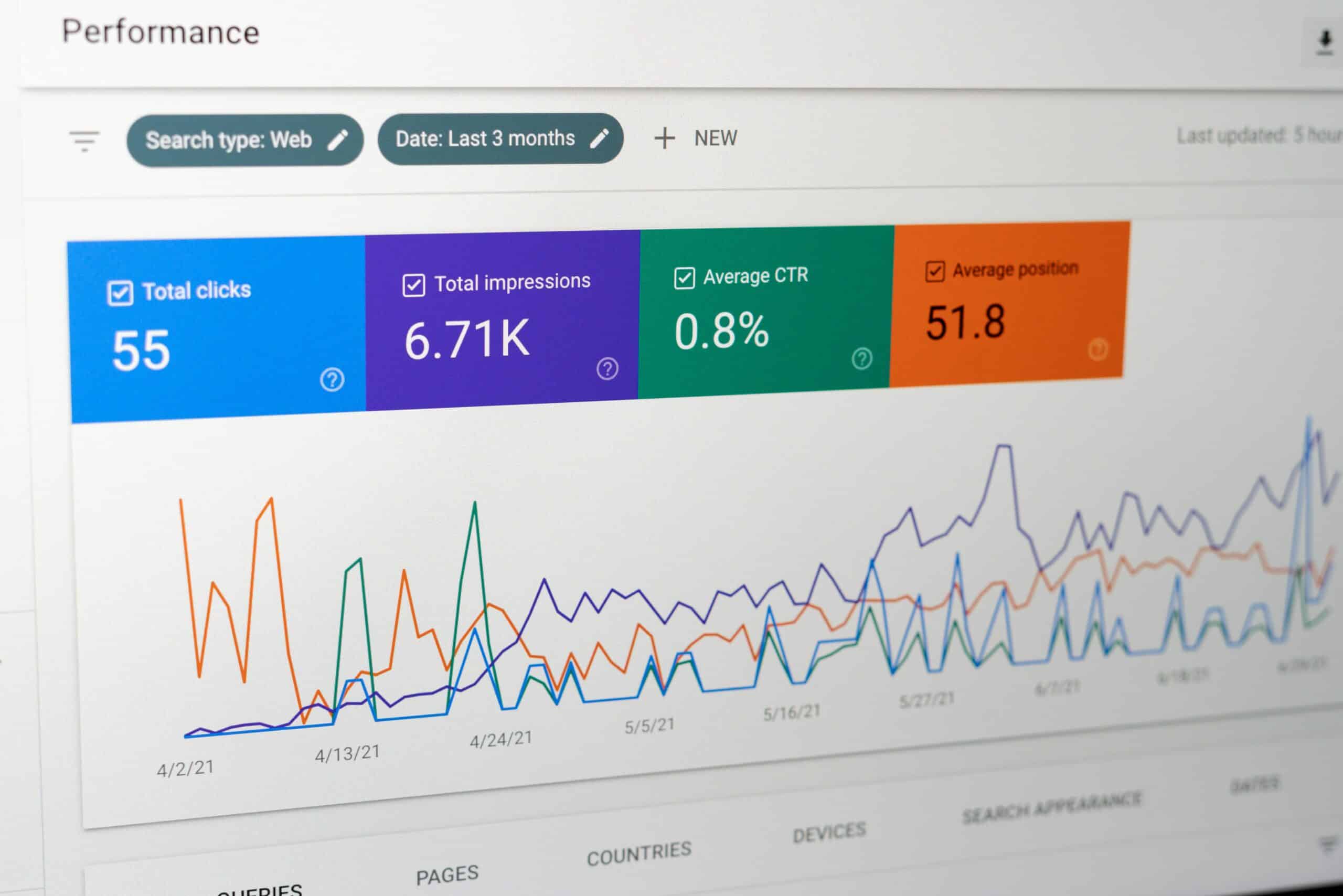In today’s day and age, there are so many SEO tools you can utilise to help you succeed internally. From tools such as Google Data Studio – which will allow you to create dynamic reports – to crawling tools such as SEO Data Tool.
If you sit in-house in a relatively broad SEO role then you’re going to need a small suite of SEO tools that can help, make your day-to-day life easier and ensure you have a consistent roadmap of opportunities to work through.
First, let’s talk about project management & company communication. SEO is one of the most complex marketing channels that exist, and it has so many internal touchpoints that – depending on your current company structure – you’ll need to have buy-in to support you in making SEO changes.
To ensure you can get teams bought into SEO I’d say the most important internal tool you can utilise would be a solid project management system that you can share & collaborate with internal teams on. It seems simple, but a lot of teams today are missing this.
The second would be to ensure you have some clear communications & training in place for teams that do not directly work with SEO but will likely be needed to make SEO changes. That could be a “Trading” or “Merchandise” team if you’re working within a retail business.
I’ve broken my in-house SEO tool recommendations down into 5 core buckets which – no surprise – follow the standard SEO Framework.

1. Crawling
To succeed in any SEO role, you’re going to need to have access to crawling software that can aid you in finding key SEO issues and ensuring you can report & scope these issues for a fix as soon as possible.
There are plenty of tools on the market that can support you. Here at MOGmedia we have our own proprietary tool called SEO Data Tool. However, some of the more common SEO tools I have used across my agency and in-house roles include Botify, Sitebulb, DeepCrawl, OnCrawl or Ryte. The list could go on forever, but I’m focusing on the ones I’ve got a personal experience with.
For smaller sites which don’t need an enterprise levels solution, I will also recommend one of the OG tools in SEO which, of course, is Screaming Frog.
2. Ranking
Depending on your own internal KPI’s I would always recommend a solid rank tracking-based tool to ensure you can check performance as key events happen – we’re talking here about things like development release, seasonality changes or events such as COVID, which might change the SERP landscape.
Alongside this, it’s always important to monitor overall performance against competitors and when Google roles out a potential new algorithm which might affect your current positioning.
Again, the type of tool you will need will depend on the scale of your reporting. Tools such as Ahrefs and SEM Rush, which are more SEO Suite-based tools, can offer some level of keyword tracking. While other tools such as STAT, SE Ranking, Rank Tracker & SERP Book may give you more flexibility.
Of course, you can also utilise Google Search Console connected to Google Data Studio to get a view on performance. Although we always recommend a third-party solution on top of Google’s own data just for further confirmation of rankings.
3. Analytics
No SEO team would be complete without an analytics platform that can track and monitor overall performance. For me, there is nothing fancy needed here other than the reporting tool internal teams may already be utilising – bet it Google Analytics, Adobe or anything else that does the job.
What you really need here will be something that can back up bigger commercial goals but still give you key performance metrics that inform and model other SEO changes.
4. Content Optimisations
There are tons of unique content tools which can support with elements like internal linking, keyword placement, over optimisation, etc. But one of the best tools I’ve personally used the last 12 months has been Surfer SEO.
Surfer is an on-page SEO tool that is designed to help optimise content, such category pages, buying guides and more informational content like blog posts.
The data from Surfer SEO can help you make immediate changes to any on-page article. And that, in turn, will help maximise the keyword footprint and traffic opportunity available.
5. Link Analysis
Links are still one of the most key factors we need to look at when trying to rank any website. No in-house SEO suite would be complete without a robust link analysis tool that can give you insights on your own link profile but that of your competitors, where new opportunities might exist.
Like all things, this will depend on your overall requirements. Whilst tools such as SEM Rush & Ahrefs offer a link element to their current suite, I’ve always been a fan of Majestic SEO when it comes to link databases and getting a full understanding of your overall link profile and the trust signals Google might be utilising to figure out where you should rank for any given query.
And just like that, we’ve come to the end of this quick and handy guide with some of the best in-house SEO tools anyone would need to succeed.



